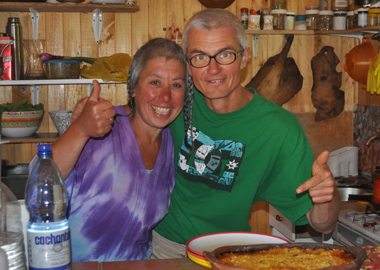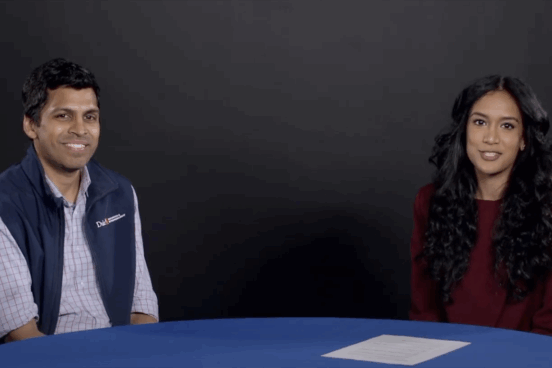Duke Daytime MBA Student Blog

Fuqua Study Abroad – Lessons from the Farm

Just like 1/3 of the 2014 class, I returned from a term abroad and jumped back into the Fuqua swing of things for Spring 2. Upon coming back to Durham, I was surprised that a new batch of student leaders had already been chosen for next year. So beyond some transition meetings with new cabinet members for the Net Impact and Consulting Clubs, I found myself devoid of extra-curricular responsibilities.
That down-time before graduation gave me the opportunity to reflect on my study abroad experience. I spent four weeks at Pontificia Universidad Católica, in Santiago, Chile, taking courses in Negotiations and Consumer Behavior. Beyond that, I crossed an item off my bucket list and volunteered with Worldwide Opportunities on Organic Farms (WWOOF). I worked on a small farm in Curanipe and spent two weeks pulling weeds, living in a tent and gaining some unexpected insights into business in Chile that I believe can be applied to any client engagement.

Lesson 1: Pay attention to what your clients want. (i.e. Sometimes no one cares that you have consulting experience)
I wanted to leave my mark on that farm in a way that wouldn’t be covered in weeds a month after I left, so before I arrived, I thought of ways I could help their business succeed. I could assist in developing their presence on TripAdvisor, or I could teach them to keep records using Excel instead of pen and paper. My dream was to get them customers and save them time! As it turns out, they were in the process of selling their business, and they’re not fans of computers, so to make their lives easier I spent most days in the fields weeding. Having a lot of time to think, I realized that when you work for a small business or a large corporation for that matter, you have to pitch in and do the less glamorous work.

Lesson 2: Learn the context.
The farm owners were operating in a rural environment where business was done with people you knew. Being foreigners (an Argentine and a German), they were often shut out of this equation. They also faced a long-term decline in tourists after an 8.8 earthquake hit in 2010 seven miles off the coast. I might have been able to imagine ways their operation could run more smoothly, but I had to consider obstacles that weren’t immediately apparent to a visitor.
Lesson 3: Keep the lines of communication open.
This was tricky in a place where I had no phone service or internet. My sole source of news was my host organization, and both owners acknowledged that they only read “alternative” news sources. As a result, I left after two weeks under the impression that there had been a major earthquake in North Carolina and the economies of several Western nations had collapsed. The lesson in there is to make sure that you get your news from more than one source (or manager), whether you’re farming or managing a project.
With these lessons in hand, I’m ready to transition to life after grad school. I’m very grateful I had the chance to immerse myself in a business in rural Chile. I can’t say I ever expected to spend time on a farm while studying for my MBA, but I’m so glad that I did.



